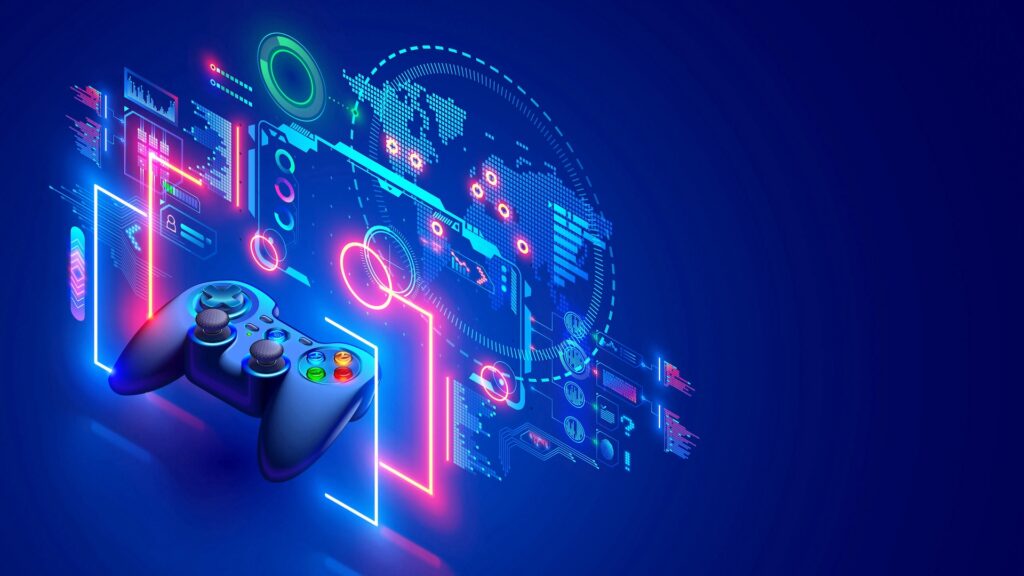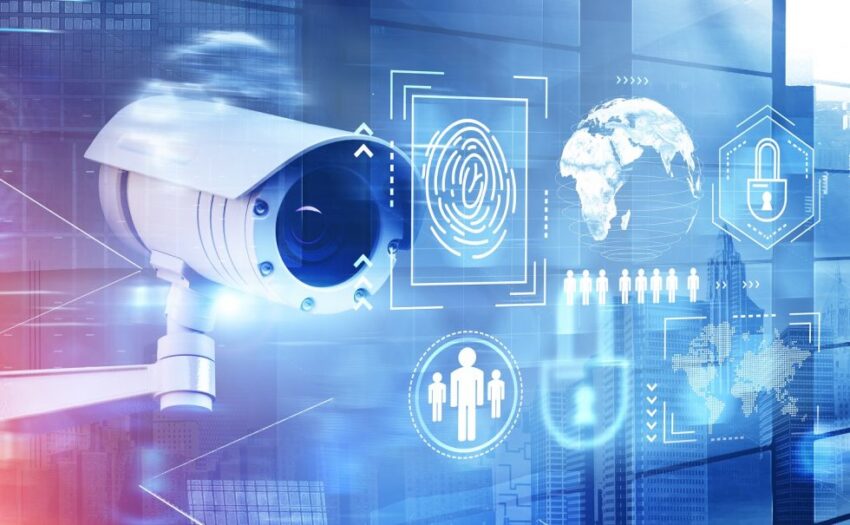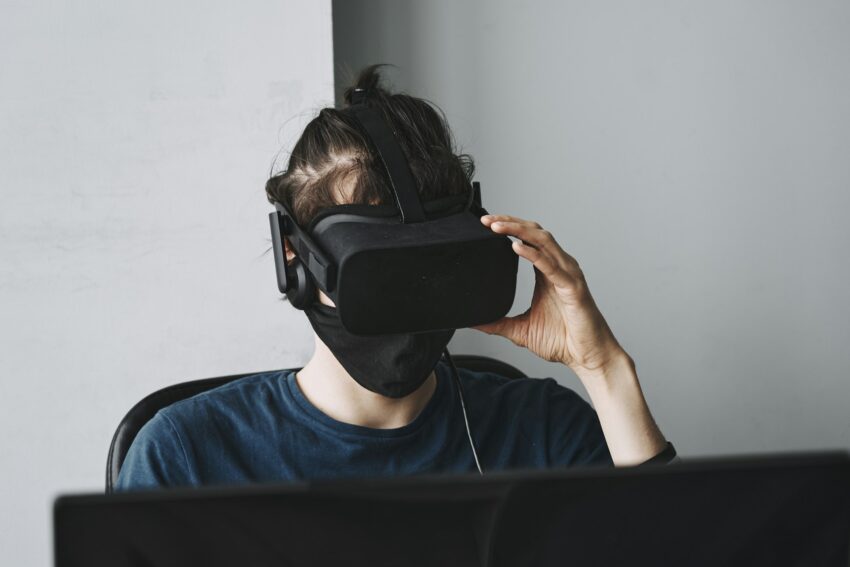There’s no denying that AI seems to be taking over the world, dominating everything from workplace conversations to the way we run our everyday lives. Which industries are being most impacted by this brilliant innovation and how? Let’s take a look and find out.
Gaming industry

Artificial intelligence is completely turning around how we understand gaming putting the focus on personalization. It can be used to develop algorithms that can help work out players’ styles, behaviors, and individual preferences.
Perfect for live blackjack and other casino-style games in which these tactics are required to develop successful game-playing and winning strategies. It can also be used to calculate efficient methods for players and in-game characters to get to their end destinations, brilliant for games that involve racing.
Next, AI can be used to make gaming platforms more accessible, and able to accommodate different preferences and needs – for instance, if a player is disabled and perhaps needs a different way to interact with a game. One area of potential concern is that AI could be used to create cheat programs that help give players an unfair advantage over others. The onus is now on the game developers to invest in better anti-cheat systems.
Insurance and Finance
Artificial intelligence (AI) is very successfully applied in the finance industry – including the world of insurance. It helps to assist with detecting fraud and enhancing the accuracy of financial forecasts.
It’s also a boon when it comes to analyzing financial data and policies – as AI algorithms can be used to detect and identify trends that highlight fraudulent behavior.
Within insurance, AI is used to complement factors such as weather models – used to assess whether particular events are likely to cause damage to homes/businesses, and from there they can estimate costs as well as damage payouts.
Healthcare industry

Machine learning and AI are becoming more commonplace in the health industry. They’re being used here to improve healthcare decision-making and diagnoses. One study has shown that using AI within this industry has improved healthcare outcomes by up to 40%.
Over time, this will ensure that detection and prediction patterns will improve – and small changes in patients well being, that might not necessarily get picked up on by physicians will be easier to detect. In the longer term, it could allow for earlier diagnoses of serious conditions like cancer, or diabetes.
By using predictive analytics and AI, it helps medics provide more personalized treatment options for patients, based on their medical history and enhanced by the use of real-time information from apps and personal healthcare devices!
Security and surveillance

Finally, we turn to the security industry – in which AI has shown its predictive capabilities can help in the fight against crime. Now businesses and governments are becoming more aware of this and utilizing the technology to help them.
Investment in AI solutions is increasing steadily and the key to this is using machine learning and implementing it in surveillance devices such as security cameras and CCTV systems, which can then analyze the images to look for patterns or strange behaviors and flag them up to authorities.
Professionals working in this sector will be alerted much faster and it’ll allow them to provide a speedier response to any problems that arise and prevent larger-scale security emergencies.

